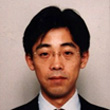
4th European Congress of
Neurology and Neuropsychiatry
February 23-24, 2026 | Paris, France
Theme: Brain and Mental Health: Navigating the Future of Neurology and Psychiatry


Keynote Presentation
Dr. Nadeau studied chemical physics and political science at the Massachusetts Institute of Technology and achieved a medical degree at the University of Florida College of Medicine. After one year of post-MD fellowship training with Kenneth M. Heilman, he has devoted his research career mainly to cognitive neurology and, in particular, to understanding how higher neural functions can be supported by actual neurons. He is currently Professor of Neurology at the University of Florida. He has published two books and 158 peer-reviewed publications and book chapters.
Abstract: [player id=’867′]
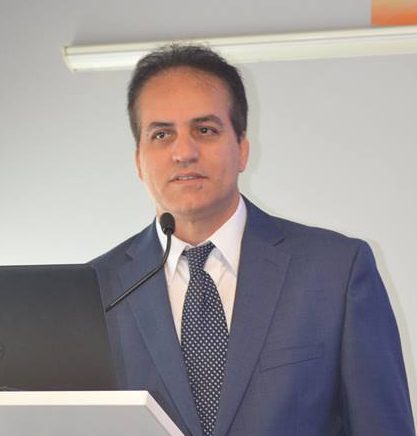
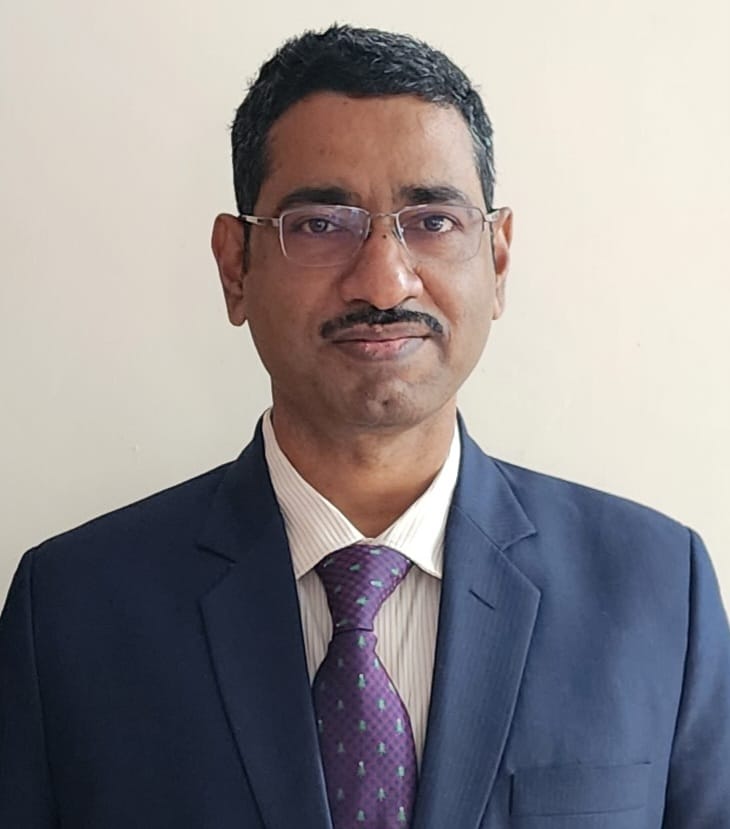
Keynote Presentation
Dr. Kamlesh Jha works as Professor of Physiology and In charge of Neurocognition and Sleep Unit of Department of Physiology. AIIMS Patna, India. Besides he is also in charge of Advanced Centre for Evidence-Based Yoga Therapy and Research at his Institute. He is a profound medical teacher involved in Undergraduate and postgraduate medical teaching and research and has a total teaching and Research experience of more than 17 years. He has published more than 50 original research articles in National and Interventional Journals besides many review articles and book chapters. His core domain of research is Neurocognition in heath and disease, role yogic intervention in neuropsychiatric conditions, qEEG and fNIRS biomarkers in various condition and neurobiology of sleep etc. Besides neurophysiology, he has scholarly interest in Sanskrit language and literature.
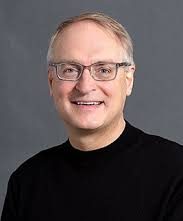
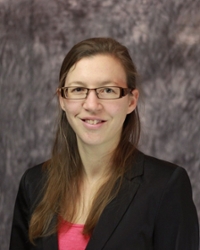
Keynote Presentation
Marit Ruitenberg investigates the role that the brain plays in the movement of our bodies. She is interested in the cognitive aspects involved in movement, executing them correctly and learning new movements and which brain areas may be involved. In order to understand how the brain works, she studies both healthy people and those with a particular disorder. This makes it possible to understand the brain when it functions well and also when it functions less well.Marit Ruitenberg is an Assistant Professor in Neuropsychology at the Health, Medical, and Neuropsychology unit at Leiden University as of 2019.

Kynote Presentation
Dr Anand Pratap Singh is currently working as Head, Department of Psychology & Mental Health, at Gautam Buddha University, India since July, 2012. Before joining the GBU, he has served at KGMU, Lucknow, Amity University, Noida, and Apollo Hospital Delhi in various capacities. His area of expertise has been Brain fingerprinting, Neuro-Cognition and Neurofeedback Therapy. Till the date, he has supervised 08 Ph. D. theses and 29 M. Phil theses in the area of Clinical Neuro Psychology. He has published 40 research papers and book chapters to his credit in reputed National & International Journals & books. He is the Chief Editor of India Journal of Behaviour Research & Therapy (IJBRT) and Editor of SIS journal of Projective Psychology.
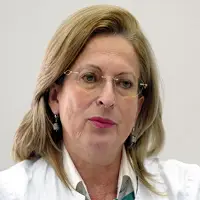
Keynote Presentation
Prof.Ljudmila Stojanovich received her Ph.D. in Medicine in 1999. She is an author of three monographs and of about 250 articles on various aspects of Autoimmune Rheumatic disorders. She is in Editorial Boards (LUPUS /LONDON). She is a member of number International Project, and member of the Steering Committee of the “EULAR recommendations for the prevention and management of adult antiphospholipid syndrome”, and an associate editor “Autoimmune and Autoinflammatory Disorders in a specialty section of Frontiers in Immunology. Professor Stojanovich is EULAR Honorary Member, and the President of “12th meeting of the European Forum on APS”, in Belgrade, Serbia in Marth 2021.
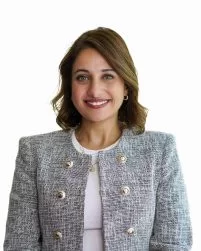
Speaker Presentation
Dr. Madonna Yanni is a consultant psychiatrist at Maudsley Health UAE, with a decade of experience in acute and outpatient settings. She specializes in perinatal mental health, neurodiversity, and mood disorders. Dr. Yanni is involved in teaching at Sharjah University, in UAE and involved in quality improvement initiatives, and advancing psychiatric knowledge through research and publications. She is passionate about holistic patient care and mental health advocacy.

Speaker Presentation
Eva Ristič is a university graduate psychologist, she studied psychology at University in Ljubljana, Slovenia and graduated in 2012. She passed exam in social welfare in 2014 and exam in health care in 2018. She is an authorized person for the protection of personal data in Center Korak, member of the team for quality and social responsibility. She is the co-author of Long-term rehabilitation of persons with acquired brain injury in the lifetime period; Expert basis for national guidelines and service standards. Eva is certified practitioner in the Art and science of Neuro Linguistic Programming since the year 2021. She publishes articles in domestic and foreign magazines and actively participates in conferences.

Speaker Presentation
Gehan Abdel Raouf Ahmed is a researcher at the National Research Center, Egypt, in the Department of Spectroscopy. Her research interests include early diagnosis and prognosis of cancer, mechanisms of nanoparticles in cancer treatment, and the prediction of early relapse in childhood lymphoblastic leukemia. She is also focused on biomolecular structures and proteins.
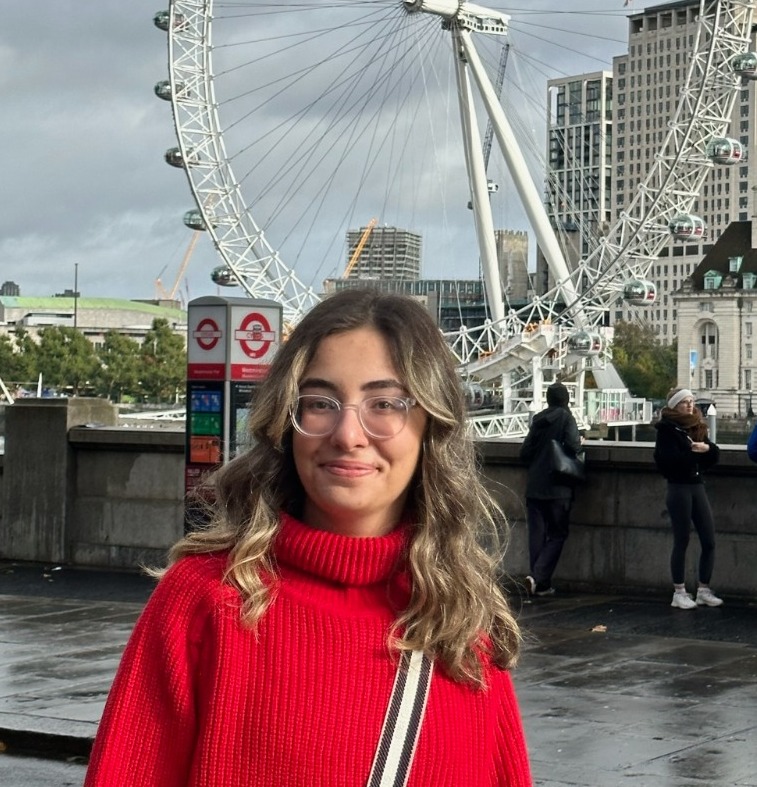
Young Researcher Presentation
Asli Beyza Gul is a dedicated medical student at Aston University, Birmingham, UK. She is deeply committed to advancing neurology with a focus on geriatrics. Conducting internationally recognized research on Parkinson’s patient management during the pandemic, Asli showcases her dedication to making a difference in this field. As the founding president of Aston Neurology Society, she demonstrates exceptional leadership and a passion for making a difference. She is also a renowned member of the American Academy of Neurology. Asli’s drive and passion position her as a promising future leader in the field, poised to enhance the lives of patients and contribute significantly to medical research and practice

Speaker Presentation

Speaker Presentation
Višnja Bandalo holds a B.A. in Italian and French, an M.A. in Philology, and a Ph.D. in the same discipline from the University of Zagreb. Since 2004, she has been a faculty member at the Department of Italian at Zagreb University, earning the qualification of Research Associate in 2013. A prolific scholar, she has authored over 100 publications and conducted extensive research in eco-art therapy and comparative literature. Višnja has presented 33 papers at 31 international scientific conferences. She is an active peer reviewer, editor, and member of various scientific boards for international book series, learned societies, research projects, academic journals, and scholarly platforms.
.

Speaker Presentation
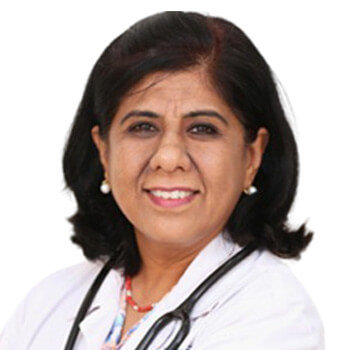
Poster Presentation
Dr. Harsha Bhatia is an eminent Neurologist in Doha, with more than two decades of experience. She treats a wide variety of conditions including headaches, dizziness, seizures, nerve and muscle diseases, multiple sclerosis, tremor, dementia, Parkinson’s disease, and other brain and spine conditions. She also performs and interprets EMG/Nerve Conduction Studies too. Dr. Harsha Bhatia is an avid writer and having fairly good number of paper publications in different journals to her credit. Dr. Harsha offers experience and a personal, attentive and dedicated approach in providing optimal care for her patients. Dr. Harsha also has a good flair for teaching and has worked as an assistant professor at SAIMS medical College, Indore.
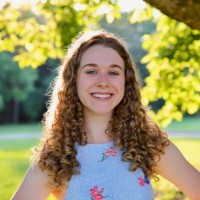
Poster Presentation
Ashleigh is a fourth-year undergraduate student at the University of Virginia, USA, where she studies Neuroscience and Economics. She is also a member of the Caregiving, Aging, Resilience, and Dementia (C.A.R.D.) Lab. Ashleigh’s research interests focus on insomnia among dementia patients and their caregivers, as well as the determinants of caregiver health in disadvantaged communities.

Poster Presentation
Dr. Lau completed his Bachelor of Medical Sciences at the Western University in Canada in 2015. He then went on to study medicine at the Hull York Medical school, UK and graduated in 2020. He completed his MRCP in 2024 and is currently a year three internal medicine trainee at the Manchester Royal Infirmary.

Poster Presentation
Ms. Demir is an MD candidate at Izmir Kâtip Celebi University, Faculty of Medicine, in Turkey. She is involved in various research projects at TÜBİTAK. While continuing her education, she aims to make significant contributions to research and clinical practice in the field of medicine. Many of her articles are under peer review in international journals.

Poster Presentation
Dr. Shorouq studied medicine at the Faculty of Medicine, Mansoura University, Egypt. She is currently an intern at Mansoura University Hospitals. Dr. Shorouq began her research journey two years ago and is actively involved in several research organizations. She serves as the training director of Alpha Research Organization (ARO), is a research fellow at the Middle Eastern College of Obstetricians and Gynecologists (MCOG), and is a co-founder of the Neutromedica Research team.

Poster Presentation
Jing Ma is a researcher at the Institute of Neurosciences and Medicine, Molecular Organization of the Brain (INM-2), Forschungszentrum Jülich, Jülich, Germany. Additionally, she is part of the Systems Neurophysiology group at the Institute of Zoology, RWTH Aachen University, Aachen, Germany.
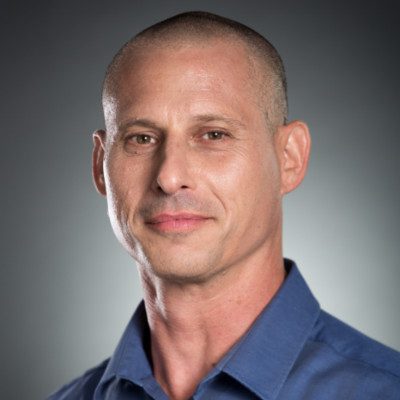
Speaker Presentation
Roy Koren is a leading AgeTech marketing consultant, strategist, and business developer, dedicated to transforming the future of aging. He is the co-founder and CEO of SeniorMarket Israel, and the founder of the Aging Tech Israel group. Roy is also a proud member of AARP’s AgeTech Collaborative. With extensive academic involvement, he lectures on senior housing and assisted living management at Tel Aviv University and Bar Ilan University, and teaches in the MBA Program in Technology, Innovation, and Entrepreneurship at Tel Aviv University’s Coller School of Management. An active mentor in the Aging IL community, Roy also volunteers with initiatives like Say No to Ageism and HaGal Sheli, empowering at-risk youth through surfing. Passionate about the “Aging Revolution,” he invites everyone to join him in embracing innovation and opportunity in aging.

Speaker Presentation
Zhenhuan Liu professor of pediatrics,Pediatric acupuncturist Ph.D.tutor. He has been engaged in pediatric clinical and child rehabilitation for 40 years. Led the rehabilitation team to treat more than 40,000 cases of children with intellectual disability, cerebral palsy and autism from China and more than 20 countries,More than 26800 childrens deformity returned to school and society and became self-sufficient. The rehabilitation effect ranks the international advanced level.Vice-chairman of Rehabilitation professional committe children with cerebral palsy,World Federation of Chinese Medicine Societies. Visiting Profassor of Chinese University of Hong Kong in recent 10 years. .He is most famous pediatric neurological and rehabilitation specialists in integrated traditional Chinese and Western medicine in China. He has edited 10 books.He has published 268 papers in international and Chinese medical journals.
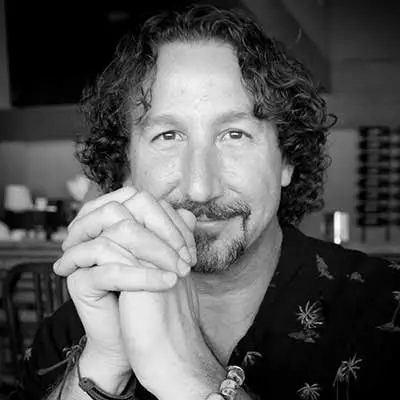
Speaker Presentation
Dr. Dogris is the CEO and Co-founder of Neurofield, Inc., a company that develops specialized neurostimulation and neurofeedback modalities designed to restore functionality to the brain. He is a licensed psychologist in the state of California and specializes in Health Psychology, wellness and mind body physiology. He is an expert in QEEG brain mapping and is a board certified QEEG Diplomate. He is also board certified in neurofeedback through the Biofeedback Certification International Alliance (BCIA). Over the last 25 years Dr. Dogris has innovated many neurofeedback interventions and invented the NeuroField neurostimulation/neuromodulation system in 2007. In clinic, he continues to innovate and create new ways to bring balance to the brain in the effort to improve the functionality of the person.
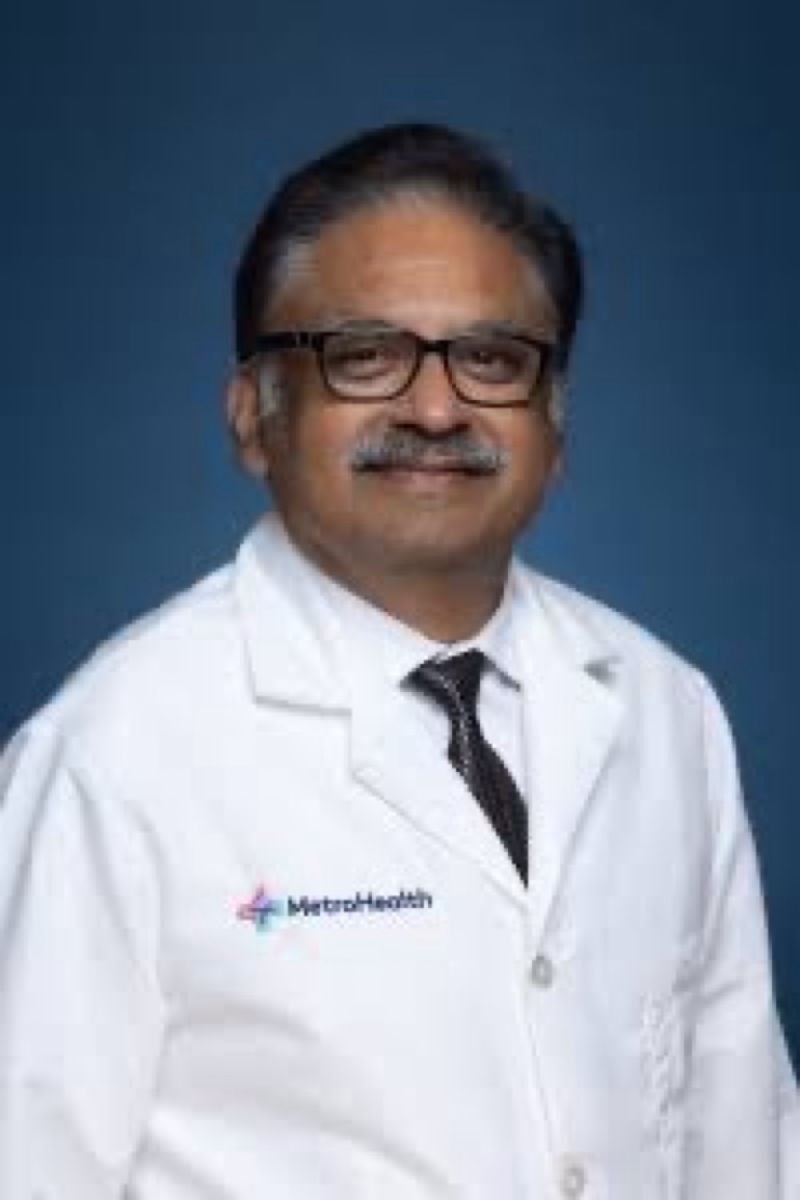
Speaker Speaker Presentation
Dr. Rajendra D. Badgaiyan, MD, is a psychiatrist and cognitive neuroscientist. He is Chairman of the Department of Psychiatry and Behavioral Sciences at Richmond University Medical Center, and Professor of Psychiatry at Icahn School of Medicine at Mount Sinai in New York. He received formal training in psychiatry, psychology, cognitive neuroscience, molecular imaging and neuroimaging. He was awarded the prestigious BK Anand National Research Prize in India and Solomon Award of Harvard Medical School. His research is focused on the study of neural and neurochemical mechanisms that control human brain functions. He developed the single scan dynamic molecular imaging technique (SDMIT) to detect, map, and measure neurotransmitters released acutely in the human brain during task performance. This technique is now used in laboratories all over the world. Using this technique, he studies dopaminergic control of human cognition and behavior. He is also interested in learning the nature of dysregulated dopamine neurotransmission in psychiatric and neuropsychiatric conditions. His research is funded by NIMH, NINDS, VA, and various foundations. Previously he served in the faculty of Harvard Medical School, SUNY Buffalo and University of Minnesota. He has published extensively in peer-reviewed journals.

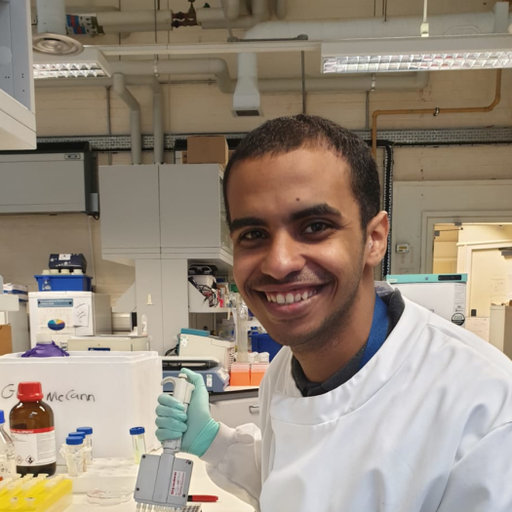

Speaker Presentation
Herilckmans Belnis is working as a neuropsychologist at Sarah Network of Rehabilitation Hospitals in Brazil. She attended many webinars and conferences in all over the world.

Keynote Presentation
Dr. Nadeau studied chemical physics and political science at the Massachusetts Institute of Technology and achieved a medical degree at the University of Florida College of Medicine. After one year of post-MD fellowship training with Kenneth M. Heilman, he has devoted his research career mainly to cognitive neurology and, in particular, to understanding how higher neural functions can be supported by actual neurons. He is currently Professor of Neurology at the University of Florida. He has published two books and 158 peer-reviewed publications and book chapters.
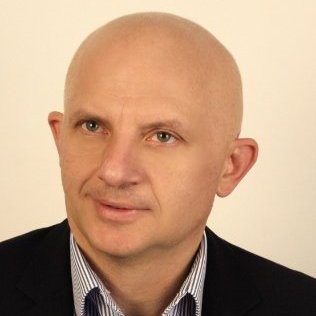
Keynote Presentation
Adam Broncel is the Neuromedical CEO with extensive expertise in healthcare and biomedical ventures. He holds an MD and PhD from the Medical University of Lodz, where he graduated in 1992. Adam has held notable leadership roles, including serving as Senior Managing Partner at Poland Biomed Ventures and CEO at CERAC S.A., showcasing his proficiency in leading innovative projects in the medical and biotechnological sectors. Between 2015 and 2017, he was also the President of the Board at Poland Ventures, further solidifying his reputation as a strategic leader in the biomedical field. Based in Nowosolna, Łódzkie, Poland, he continues to drive impactful developments in the neuromedical landscape.
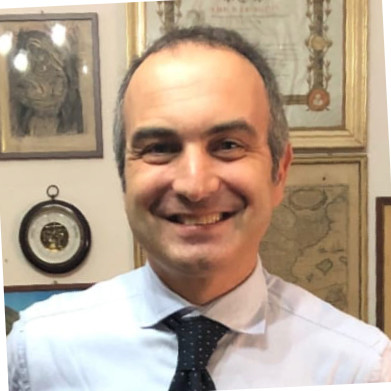
Oral Presentation
Dr. Giuseppe Bonavina, a distinguished Consultant Neurologist, hailing from Bologna, Italy, has made significant contributions to the field of neurology. His journey began with research at the University of Bologna, where he delved into headaches, cranio-facial pain, and the autonomic nervous system from 1999 to 2003. Today, Dr. Bonavina serves as a Neurologist in the Neurointensive Care Unit at Montecatone Rehabilitation Institute in Imola, Italy.
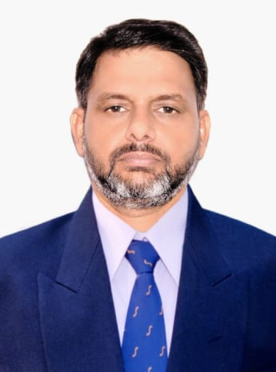
Kynote Presentation
Dr Anand Pratap Singh is currently working as Head, Department of Psychology & Mental Health, at Gautam Buddha University, India since July, 2012. Before joining the GBU, he has served at KGMU, Lucknow, Amity University, Noida, and Apollo Hospital Delhi in various capacities. His area of expertise has been Brain fingerprinting, Neuro-Cognition and Neurofeedback Therapy. Till the date, he has supervised 08 Ph. D. theses and 29 M. Phil theses in the area of Clinical Neuro Psychology. He has published 40 research papers and book chapters to his credit in reputed National & International Journals & books. He is the Chief Editor of India Journal of Behaviour Research & Therapy (IJBRT) and Editor of SIS journal of Projective Psychology.
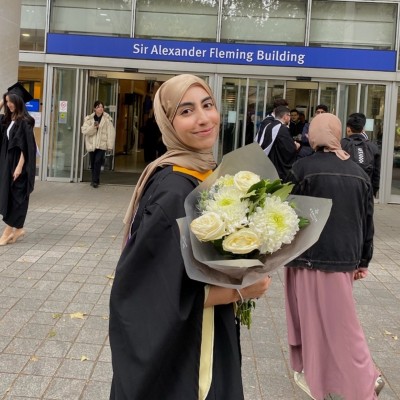
Young Researcher Presentation
Duaa Ali Faruqi is a final-year medical student in the United Kingdom. She earned a Bachelor of Science degree with First Class Honours from the Department of Surgery and Cancer at Imperial College London.

YRF Presentation
Fatima is a second-year medical student at Barts and The London School of Medicine and Dentistry, Queen Mary University of London. She has a strong passion for research, with her primary focus in early intervention strategies for stroke patients. Fatima is committed to exploring innovative, multidisciplinary approaches that enhance patient outcomes by fostering collaboration between many critical fields. She aims to make contributions to the ever-evolving field of medical research and make long-lasting impacts on patient care.

Speaker Presentation

Poster Presentation
Seyi Fagbohun is driven fourth-year medical student studying at Anglia Ruskin University, Chelmsford, UK. He currently completing hospital placements across hospitals in Essex, including Broomfield, Basildon, and Southend, as part of their MBCHB program. With a shared enthusiasm for Neurology and Neurosurgery, He aim to engage with innovations in medical research to advance understanding of the brain and its disorders, with a focus on facilitating earlier Alzheimer’s Disease diagnosis.
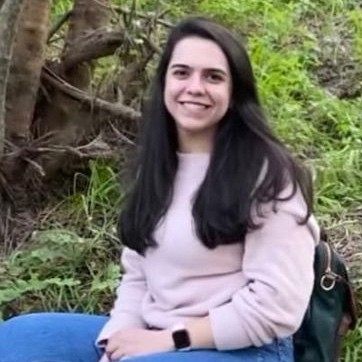
Poster Presentation
Dr. Amal Hassan earned her medical degree (MD) from the Technion – Israel Institute of Technology in 2024. She subsequently began her residency in Neurology at the Tzafon medical center, Poriya. Dr. Hassan is particularly interested in the field of cognitive neurology, focusing on understanding the neurological underpinnings of cognitive disorders and advancing innovative diagnostic and therapeutic approaches. She aspires to contribute to clinical and academic advancements in the field.

Poster Presentation
Dr. Amal Hassan earned her medical degree (MD) from the Technion – Israel Institute of Technology in 2024. She subsequently began her residency in Neurology at the Tzafon medical center, Poriya. Dr. Hassan is particularly interested in the field of cognitive neurology, focusing on understanding the neurological underpinnings of cognitive disorders and advancing innovative diagnostic and therapeutic approaches. She aspires to contribute to clinical and academic advancements in the field.
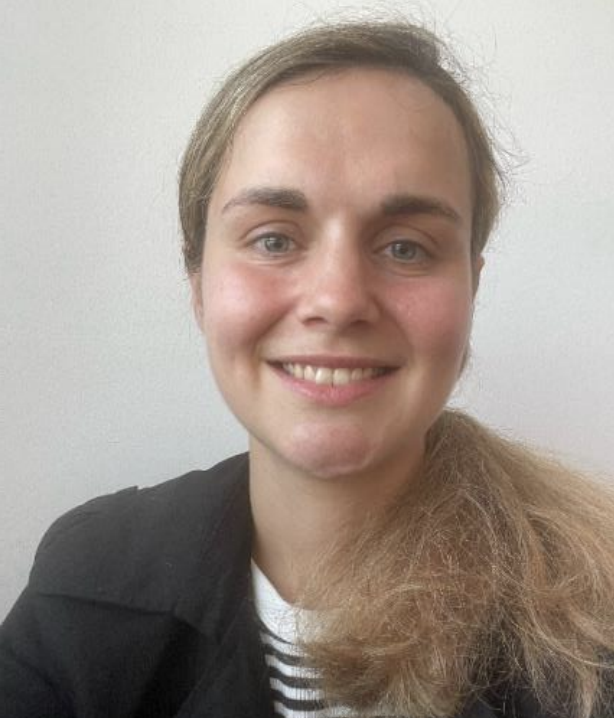

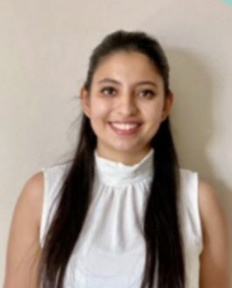
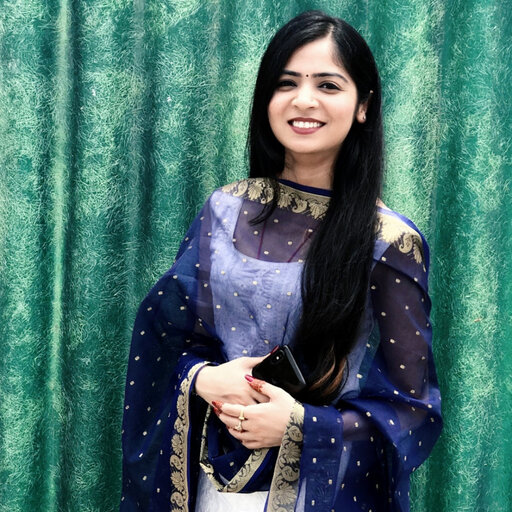
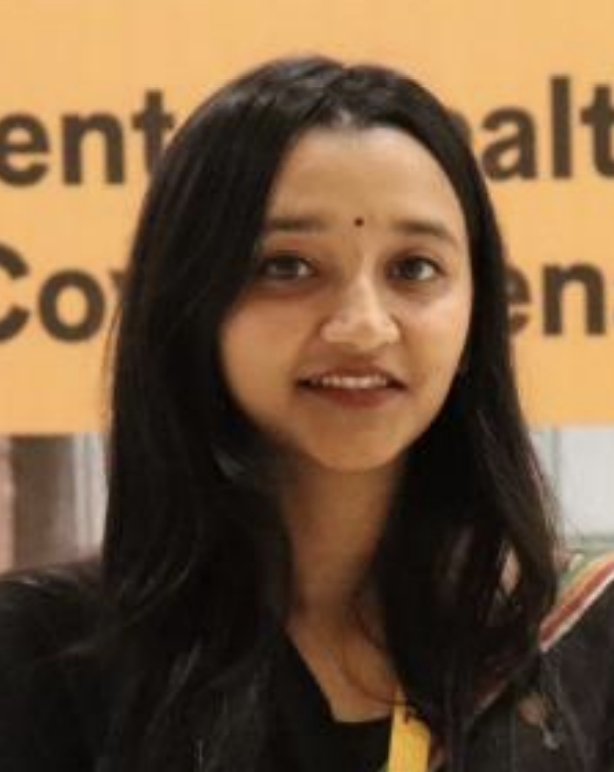
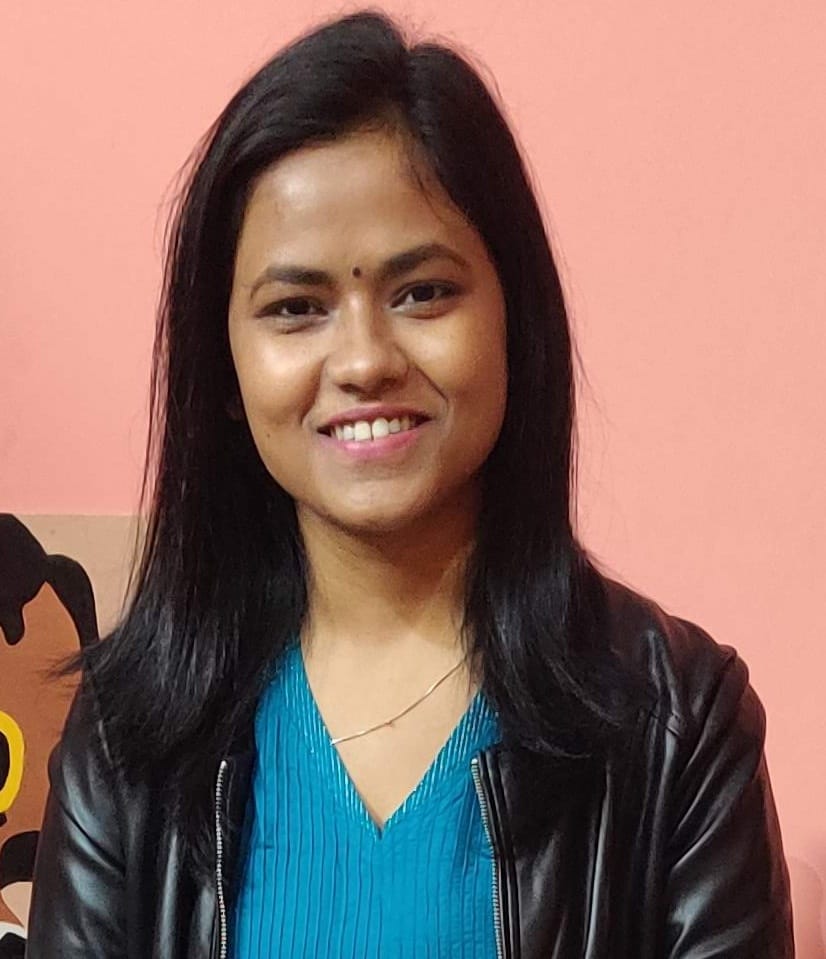
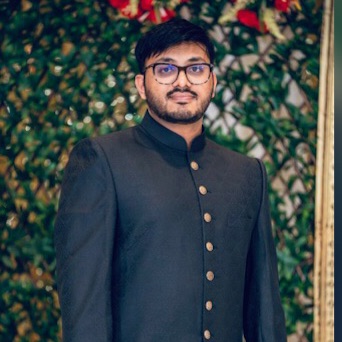

Keynote Presentation
Dr Merima Isakovic is the founder and Director of the Inspire Clinical Psychology practice. She is Inspire’s Principal Clinical Psychologist and the Clinical NeuroPsychologist. She has devoted her working life to building a safe and nurturing nest where all Psychologists in her Inspire practice are genuinely warm, respectful and empathic practitioners with high ethical values. Dr Merima is exceptionally warm, devoted and skilled at helping people, with many years of professional experience in psychotherapy, neuropsychotherapy, psychological counselling, clinical & neuropsychological assessment, as well as research, clinical supervision and mentoring across Australia and internationally. Dr Merima is a well-respected member of the Australian Psychological Society (APS) as well as New Zealand Psychological Society (NZPS) and highly regarded Clinical Supervisor among the Colleague Psychologists.
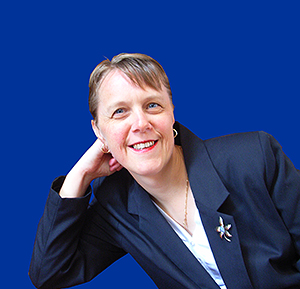
Video Presentation
Kerryn Burgoyne, Director/Founder – KTalk, Australia
Kerryn Burgoyne is a passionate advocate and leader on the Autism Spectrum. Diagnosed with Asperger’s Syndrome (now Autism Spectrum Disorder) at 30, Kerryn faced numerous challenges but used her experiences to empower others. She founded K-Talk, wrote books, and developed courses focused on leadership and disability advocacy. Currently, she leads KLB Consulting and continues to contribute to society through her educational and leadership initiatives for the ASD community.

Video Presentation
Shria Datta, All India Institute of Medical Sciences, India.
Shria Datta is a final-year MBBS student at All India Institute of Medical Sciences, Patna. She secured an All-India Rank of 1913 and a West Bengal State Rank of 12 in the NEET UG 2020 exam. Shria has presented research papers at institutions like KGMU, AIIMS Delhi, and AIIMS Patna. She became the first student at AIIMS Patna to pass USMLE Step 1 in the 3rd year and was selected for a clinical experience in Internal Medicine at the University of California, Irvine.
